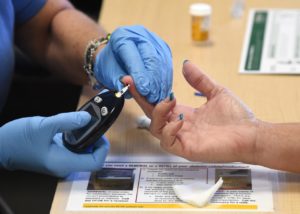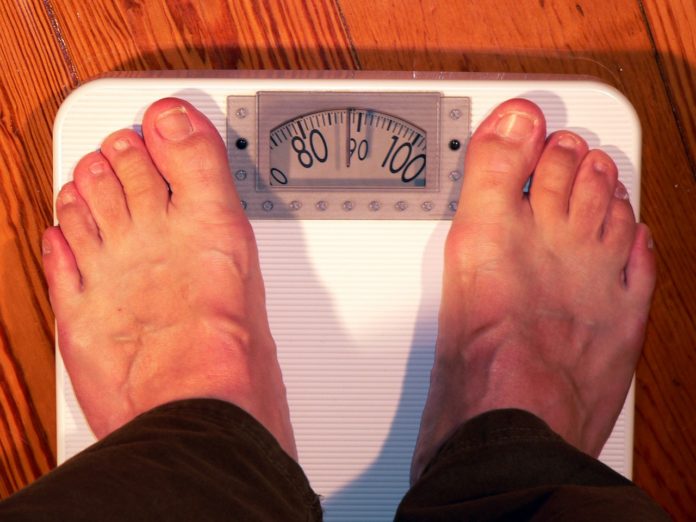 A study published in prestigious medical journal The Lancet has shown that a mere 10 kg weight loss and not the drastic reduction earlier thought necessary can reverse Type 2 diabetes. The late onset diabetes is usually caused by the body’s inability to use blood sugar lowering hormone insulin even though it is available.
A study published in prestigious medical journal The Lancet has shown that a mere 10 kg weight loss and not the drastic reduction earlier thought necessary can reverse Type 2 diabetes. The late onset diabetes is usually caused by the body’s inability to use blood sugar lowering hormone insulin even though it is available.
The study showed that after 1 year, participants had lost an average of 10kg, and nearly half had reverted to a non-diabetic state without using any diabetes treatment. “Our findings suggest that even if you have had type 2 diabetes for 6 years, putting the disease into remission is feasible. In contrast to other approaches, we focus on the need for long-term maintenance of weight loss through diet and exercise and encourage flexibility to optimise individual results,” says Professor Michael Lean from the University of Glasgow who co-led the study.
India is said to be the “diabetes capital” of the world. According to the World Health Organisation, India had 69.2 million people living with diabetes (8.7%) as per the 2015 data. Of these, it remained undiagnosed in more than 36 million people. Worldwide, the number of people with type 2 diabetes has quadrupled over 35 years, rising from 108 million in 1980 to 422 million in 2014. This is expected to climb to 642 million by 2040. This increase has been linked to rising levels of obesity and the accumulation of intra-abdominal fat. Bariatric surgery or gastric banding that is often used to treat morbid obesity or in a bid to control diabetes can cost around Rs 5 lakh.
“Rather than addressing the root cause, management guidelines for type 2 diabetes focus on reducing blood sugar levels through drug treatments. Diet and lifestyle are touched upon but diabetes remission by cutting calories is rarely discussed. A major difference from other studies is that we advised a period of dietary weight loss with no increase in physical activity, but during the long-term follow up increased daily activity is important. Bariatric surgery can achieve remission of diabetes in about three-quarters of people, but it is more expensive and risky, and is only available to a small number of patients”, explains Professor Roy Taylor from Newcastle University, UK, who co-led the study.[1]
The Diabetes Remission Clinical Trial (DiRECT), included 298 adults aged 20–65 years who had been diagnosed with type 2 diabetes in the past 6 years from 49 primary care practices across Scotland and the Tyneside region of England between July 2014 and August 2016. According to Professor Taylor: “Our findings suggest that the very large weight losses targeted by bariatric surgery are not essential to reverse the underlying processes which cause type 2 diabetes. The weight loss goals provided by this programme are achievable for many people. The big challenge is long-term avoidance of weight re-gain. Follow-up of DiRECT will continue for 4 years and reveal whether weight loss and remission is achievable in the long-term.”
Writing in a linked Comment, Professor Emeritus Matti Uusitupa from the University of Eastern Finland discusses whether these findings should change treatment options for type 2 diabetes. He writes, “Lean and colleagues’ results, in addition to those from other studies of type 2 diabetes prevention and some smaller interventions in this setting, indicate that weight loss should be the primary goal in the treatment of type 2 diabetes… The DiRECT study indicates that the time of diabetes diagnosis is the best point to start weight reduction and lifestyle changes because motivation of a patient is usually high and can be enhanced by the professional health-care providers. However, disease prevention should be maintained as the primary goal that requires both individual-level and population-based strategies, including taxation of unhealthy food items to tackle the epidemic of obesity and type 2 diabetes.”


